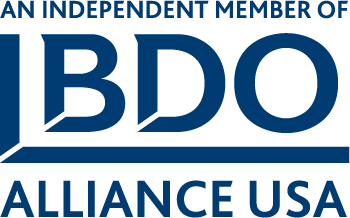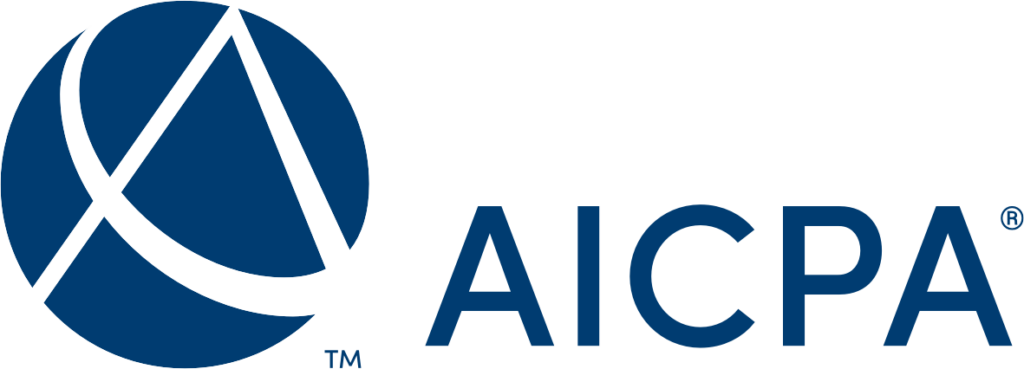Now is a good time to review and evaluate your retirement savings. The tax code provides significant incentives for individuals to make contributions to retirement savings and plans, including traditional and Roth IRA’s, as well as to employer sponsored qualified and non-qualified plans, including qualified 401(k) plans. A saver’s credit also may be available for investors in certain tax brackets, which further enhances overall savings. The tax law is designed to make it easy for individuals to save for retirement.
Tax incentives can include deductibility of contributions, tax deferral on growth of assets in the plan, and potential distribution free of tax, varying on the investment vehicle chosen. The choice of investment that may be best for you depends upon your individual tax and overall financial situation. Regardless of the type of contribution, any contribution should be made as early in the year as possible. If this approach is followed consistently over the years, the benefits will be far greater than contributions made at the last minute.
Under the , emergency assistance relief has been granted to individual and businesses as a result of COVID-19. Three items have been updated related to retirement benefits relief and COVID-19:
- Waiver of the 10% penalty for COVID-19 related disbursements. To allow taxpayers access to their funds, the 10% additional tax on early distributions is waived for any qualified COVID-19 related distributions from a retirement plan. Eligible individuals who take such distributions can include them in gross income over a three-year span and have three years to repay the amount. The aggregate amount of distributions received by an individual which may be treated as COVID-19 related distributions for any tax year shall not exceed $100,000.
- Relief for retirement plan loans. The threshold limit on loans from an employer-sponsored retirement plan for a qualified individual affected by COVID-19 is increased to the lesser of $100,000 or 100% of the present value (but not less than $10,000) of the plan participant’s benefits under the plan. In addition, if a qualified individual has a loan repayment due date after the date of enactment of the CARES Act and before December 31, 2020, on an outstanding loan, the payment due date is delayed one year (or, if later, until the date which is 180 days after the date of the enactment of the CARES Act), and the later payments are adjusted.
- Required minimum distributions. Required minimum distributions (RMDs) must be taken from a traditional IRA, SEP IRA and SIMPLE IRA by the required beginning date. For the 2020 calendar year, the RMD requirements are waived and suspended for defined contribution plans, certain annuity plans, and traditional or Roth IRAs. The waiver allows seniors to hold onto their plan assets when they might otherwise have to sell at market lows.
Additionally, recent law changes make it more advantageous to contribute to retirement plans. These changes include the removal of the age limitation on traditional IRA contributions made after December 31, 2019 and an increase in the required minimum distribution age to 72 for distributions made after December 31, 2019.
Contact the Crosslin team at (615) 320-5500 and we’ll help you determine what works best for your situation. We are here to help!






